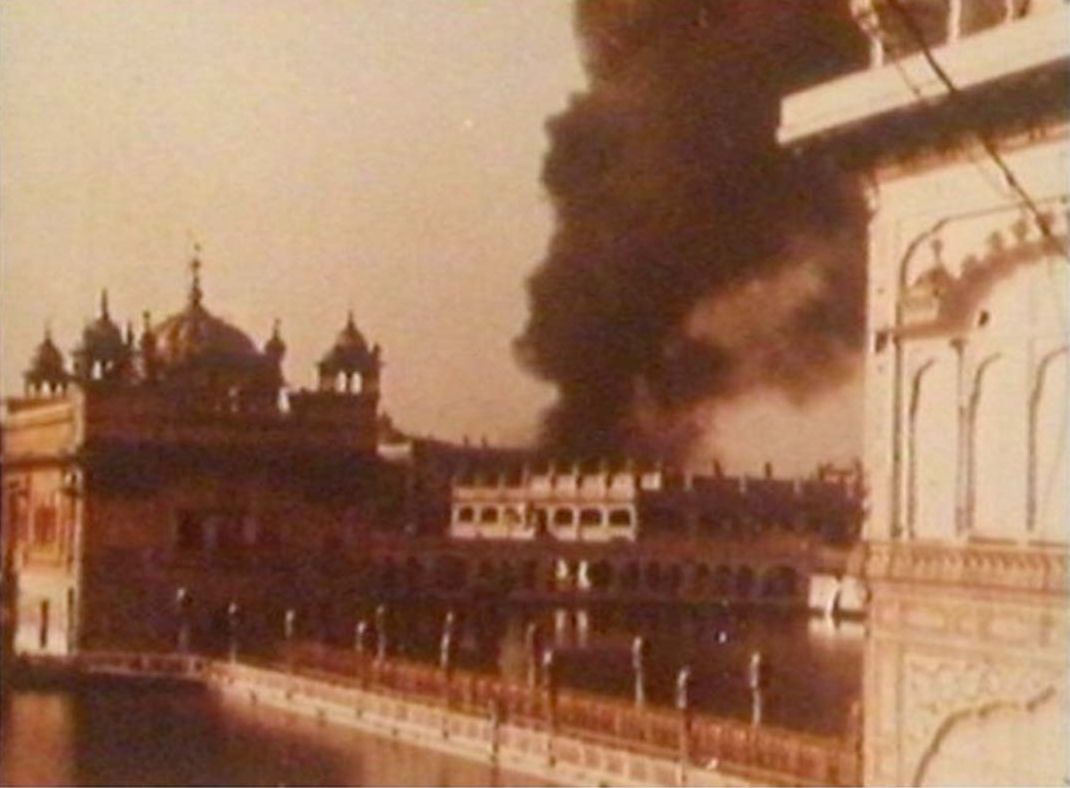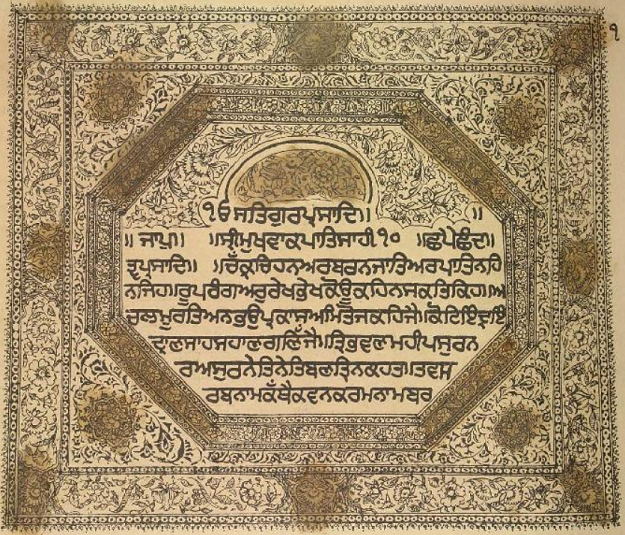
DEMONCRACY
FREMONT, CA - In partnership with REDRESS, the Human rights advocate group Ensaaf, submitted a report to UN's Universal Periodic Review on mass cremations, enforced disappearances and extrajudicial killings carried out in Punjab, India during the 1980s and 1990s.
The Universal Periodic Review (UPR) is a process, under the auspices of the United Nations (UN) Human Rights Council, which involves a review of the human rights records of all 192 UN Member States once every four years. India's first review was conducted in 2008. During that review, States encouraged India to ratify the UN Convention on Enforced or Involuntary Disappearances and the UN Convention against Torture and Other Cruel, Inhuman or Degrading Treatment or Punishment.
The Ensaaf/REDRESS joint submission discusses the failure of the Government of India to hold the individuals responsible for these violations to account and to provide victims with effective remedies and full reparation. It focuses on the mass cremations case:
In 1995, human rights activists used government records to reveal that security forces had secretly and illegally cremated over 6,000 individuals in three crematoria in Amritsar district—then one of thirteen districts in Punjab. In 1997 India’s National Human Rights Commission (NHRC) was empowered by the Supreme Court to examine the role of state actors in the perpetration of these human rights violations and to provide redress to victims and their beneficiaries. However, despite its powers to do so, and despite substantial evidence of systematic human rights violations presented to it by victims, the NHRC failed to establish the extent of human rights violations and to provide victims with an adequate remedy and reparation.
The submission ends with a list of recommendations to India that include, among others: establishing an independent monitoring mechanism to ensure accountability of the NHRC in this case; prosecuting the individuals responsible for these violations; repealing legal provisions that provide immunity to security forces for human rights violations; and ensuring access for survivors to effective remedies and full reparation.
REDRESS is a human rights organization that helps torture survivors obtain justice and reparation. REDRESS works with survivors to help restore their dignity and to make torturers accountable.
Ensaaf is a nonprofit organization working to end impunity and achieve justice for mass state crimes in India, with a focus on Punjab, by documenting abuses, bringing perpetrators to justice, and organizing survivors.












The most important task Mr. Khalra was doing was to draw attention of Foreign/International HR/CR groups regarding 'DEMOCIDE'!
Yes, you must have heard of GENOCIDE of 1984 however soonafter having realized power of power they initiated DEMOCIDE in PANJAAB with complete IMPUNITY!
While many people and all leaders have forgotten genocide/democide but history reminds us all that 'HISTORY repeats itself', are we ready when next happens?
Are we not ignoring our past?
'All truth passes through three stages. First, it is ridiculed. Second, it is violently opposed. Third, it is accepted as being self-evident.'
http://members.beforeitsnews.com/story/1328/508/Whistleblower_Brutal_Murder_Torture_case_finally_upheld........html
“The police had been eliminating the young persons under the pretext of being militants and was disposing of their dead bodies without maintaining any record and without performing their last rites,â€
the court observed in its judgment on Friday Nov 2011 yes after 15 years and just convicted 5 COPS not all those involved in thousands and thousands of innocent killings in panjaab!